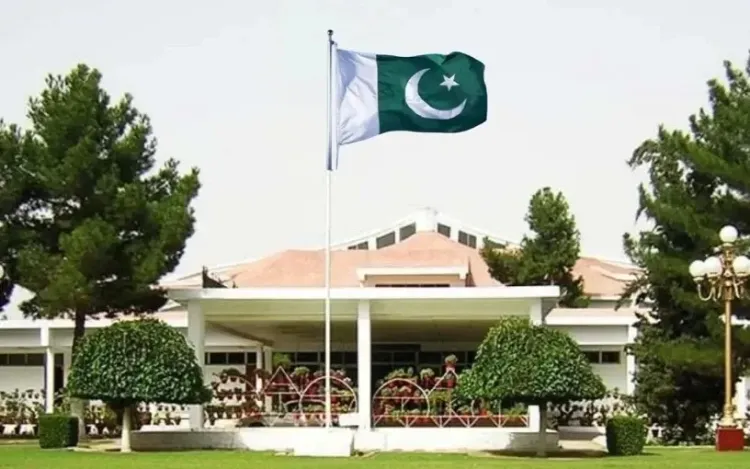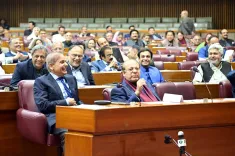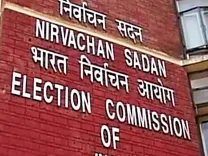Is the Balochistan Anti-Terrorism Bill a Threat to Human Rights?

Synopsis
The recent passage of the Anti-Terrorism Bill in Balochistan has sparked outrage among human rights activists, who warn it threatens fundamental freedoms. The Baloch Voice for Justice and other groups demand international intervention, highlighting the bill's potential to escalate human rights abuses in a region already grappling with severe violations. Can accountability be restored in Balochistan?
Key Takeaways
- Anti-Terrorism Bill poses risks to human rights.
- Legislation enables detention without judicial oversight.
- Human rights advocates demand international intervention.
- Increased fear and repression in Balochistan.
- Call for justice and accountability remains crucial.
Quetta, June 7 (NationPress) A Baloch human rights organization has expressed significant concerns over the recently enacted Anti-Terrorism (Balochistan Amendment) Bill, 2025, which was approved by the Balochistan Assembly in Pakistan, labeling it a peril to human rights and the rule of law.
In a statement released on Friday, the Baloch Voice for Justice (BVJ) criticized the Bill's approval as a “deeply troubling development” that erodes constitutional safeguards and global human rights norms.
“This legislation endows state authorities with extensive powers, allowing for the detention of individuals for as long as three months without judicial review, thus institutionalizing the threat of arbitrary arrests, torture, and forced disappearances,” the BVJ's statement asserted.
“The use of the Balochistan Assembly to legitimize such oppressive actions signifies a perilous intensification of the ongoing human rights emergency in the region. This amendment effectively grants legal immunity to security forces, enabling them to bypass due process and silence political opposition, human rights advocates, and peaceful activists,” it further stated.
The BVJ underscored that the Bill contravenes Pakistan's obligations under international human rights law, including the International Covenant on Civil and Political Rights (ICCPR) and the Convention Against Torture (CAT).
Stressing that the Pakistani government appears to aim at deepening oppression and fear through coercive legislation rather than addressing the fundamental grievances and political demands of the Baloch populace, the BVJ remarked, “Silencing citizens will not foster peace. Only justice and accountability can achieve that.”
Furthermore, the Human Rights Department of the Baloch National Movement, known as Paank, also categorically denounced the Bill, claiming it exacerbates the human rights crisis in Balochistan.
The rights organization pointed out that the legislation risks legitimizing state-sponsored violations and perpetuates a climate of fear, where political dissent and civilian expression are systematically stifled under the guise of counter-terrorism.
“Balochistan has long suffered from severe human rights violations, highlighted by enforced disappearances, extrajudicial killings, and torture. Families have reported incidents of their loved ones, including activists and students, being abducted by security personnel without any legal recourse, often leaving them in despair for years,” Paank elaborated.
“In just 2025, Paank documented over sixty-six instances of extrajudicial killings of individuals previously in state custody. Peaceful demonstrations, such as those organized by the Baloch Yakjehti Committee (BYC), have been met with violent crackdowns, including the July 2024 Gwadar event where 14 were injured,” it added.
The rights body revealed that Pakistan employs the Maintenance of Public Order (3MPO) Ordinance as a primary mechanism for suppressing dissent, particularly targeting BYC leaders Mahrang Baloch and activists Bebarg Baloch, Gulzadi Baloch, Beebow Baloch, and Shahji Sibghatullah, who were arrested under this oppressive law during a peaceful protest in Quetta.
The organization called upon the international community, human rights advocates, and civil society to demand the immediate repeal of the Anti-Terrorism Bill 2025, the release of detained activists, and a thorough investigation into human rights violations in Balochistan, emphasizing that the systematic targeting of civilians and activists must cease to restore justice and dignity.









